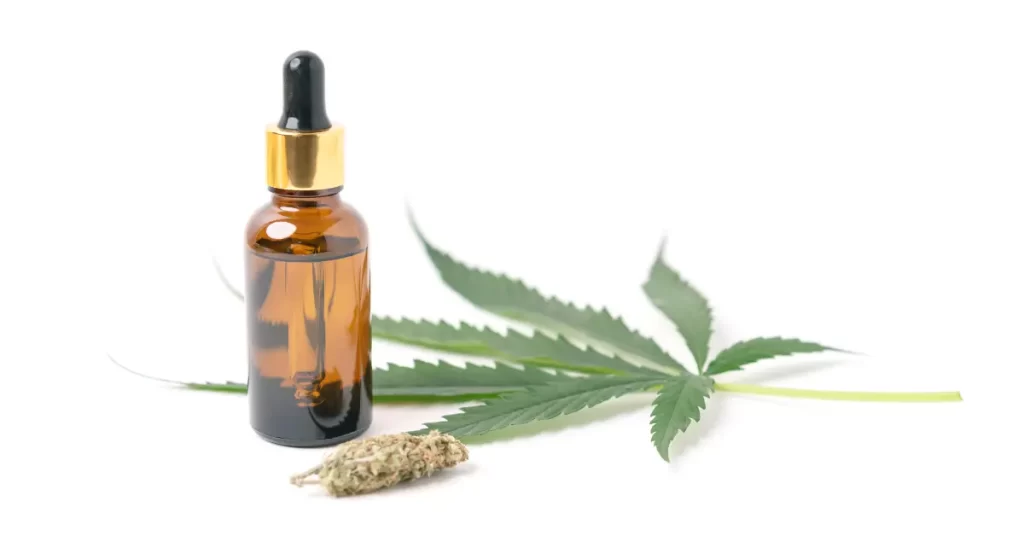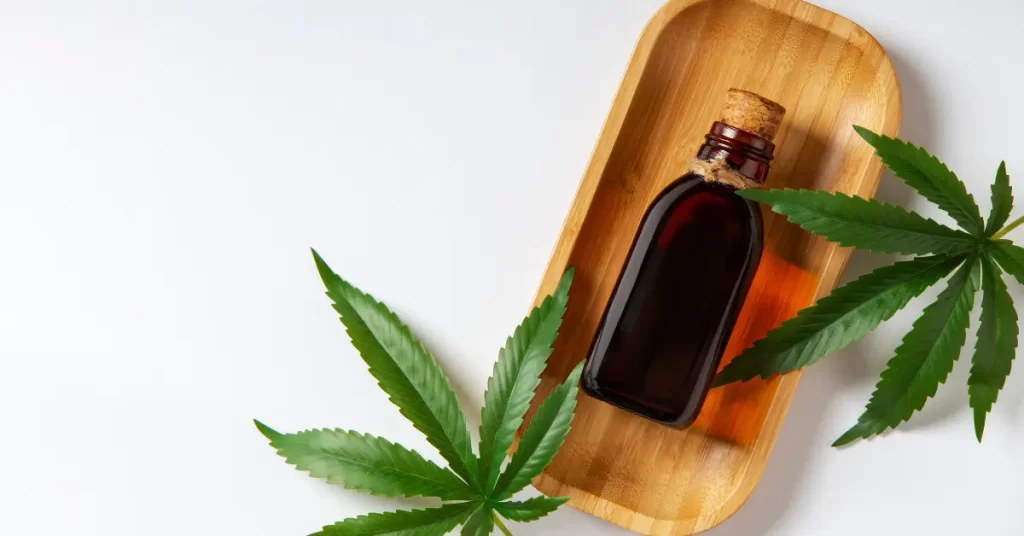
How To Use CBD Oil: A Guide For Dummies
How to Use CBD Oil: CBD oil is the latest health trend that’s everywhere, and honestly, the amount of information and misinformation that’s doing the rounds can be daunting, especially for a layman. While some swear by the positive change it has brought to their overall health and lives, others are still sceptical and tend to dismiss it as yet another health fad.
However, there’s no denying that CBD, or cannabidiol, comes with a host of health benefits. From treating skin conditions such as dermatitis with topical application to addressing something as excruciating as sciatica, CBD has got you covered.
Table of Contents
- What makes CBD great?
- How to use CBD oil for cancer treatment?
- How to use CBD oil for acne?
- How to use CBD oil for allergies?
- How to use CBD oil for back pain?
- How to use CBD oil for arthritis?
- How to use CBD oil for asthma?
- How to use CBD oil for erectile dysfunction?
- What is the best way to use CBD?
- Conclusion
What makes CBD great?
Cannabidiol (CBD), a compound found in cannabis, has anti-inflammatory and analgesic properties. Most CBD supplements contain CBD that comes from plants. It is one of the safest cannabinoids, and can even be given to children.
CBD is used to address epileptic seizures in children. However, just as with any other substance, CBD may have adverse effects on some people. Cases of CBD’s serious side effects are very rare, and not a single case of death due to CBD has been reported so far, according to the WHO.

CBD, a cannabinoid, benefits you by interacting with your body’s endocannabinoid system (ECS) through its various receptors present throughout the body in different forms and concentrations.
CBD is known to have various properties, such as:
Anti-inflammatory: CBD reduces inflammation in the body. It can be used both orally and topically to combat inflammation caused by various health conditions.
Anti-oxidative: The strong antioxidant properties of CBD make it useful for treating and managing inflammatory, oxidative, and ischemic conditions.
Non-psychoactive: Unlike delta-9-tetrahydrocannabinol, cannabidiol is a non-psychoactive compound. CBD is a non-psychoactive compound that won’t make you high.
Anxiolytic: An excellent plant-based remedy for chronic stress and anxiety, CBD offers all it takes to alleviate anxiety without any of the side effects that come with conventional anxiolytics such as SSRIs and benzodiazepines.
Antidepressant: CBD can be the first course of treatment in the treatment of depression, mood swings, and other mood disorders. However, it is best to take CBD or any supplement under medical guidance, as certain medical conditions, such as clinical depression and anxiety, can be fatal and therefore demand immediate medical attention.
Antipsychotic: Cannabidiol boasts antipsychotic properties that make it useful in the management of psychotic disorders.
Anticonvulsant: CBD is a natural anticonvulsant that is used in the management of seizures caused by epilepsy and other conditions.

How to use CBD oil for cancer treatment?
Oncologists prescribe CBD oil for cancer treatment to manage some of the adverse effects of chemotherapy. While some studies indicate that CBD oil may cure cancer, nothing concrete has yet been established. The research on the same is ongoing. However, CBD oil, particularly full-spectrum CBD oil, remains a highly effective natural remedy for alleviating the excruciating pain that cancer patients go through. It can also alleviate some of the unpleasant effects of chemotherapy.
How to use CBD oil for acne?
CBD oil is an excellent remedy for acne due to its anti-inflammatory and antibacterial properties. CBD soothes existing acne to promote healing. It can be applied topically to prevent and heal breakouts. Additionally, taking CBD orally can also lead to improvement in acne by addressing some of the underlying causes, such as hormonal imbalances and inflammation.
How to use CBD oil for allergies?
CBD helps to manage allergies by strengthening the immune system. Taking CBD oil orally strengthens the immune system over time, thereby leading to a stronger immune system. In the case of skin allergies, CBD can also be applied topically to soothe inflammation and pain and bring relief.
How to use CBD oil for back pain?
CBD can help cure and prevent mild to moderate back pain. It can be applied topically as well as ingested orally to address mild-to-moderate causes of back pain. When addressing back pain, it is important to understand the cause of the pain. In the case of more severe root causes such as sciatica and herniated discs, it is important to consult a doctor and discuss how CBD can be incorporated into your treatment plan.
How to use CBD oil for arthritis?
CBD can help to alleviate the discomfort caused by arthritis. The anti-inflammatory nature of CBD is known to bring relief to several types of arthritis. CBD can also be used topically to alleviate arthritic pain in the knees and joints as it interacts with the CB1 and CB2 endocannabinoid receptors present in the skin to produce relief.
How to use CBD oil for asthma?
CBD helps to alleviate chest pain and airway inflammation, two of the most common symptoms of asthma. It is a natural compound that promotes relaxation and alleviates the stress and anxiety that people suffering from asthma often face. However, it’s important to consult your doctor if you’re asthmatic to prevent any unfavourable drug interactions.
How to use CBD oil for erectile dysfunction?
While there are no concrete studies to support the claim that CBD cures erectile dysfunction, it may help in cases of psychogenic erectile dysfunction, in which the underlying causes are stress, anxiety, and depression. These psychogenic causes account for more than 40% of all cases of erectile dysfunction, according to a study. CBD can potentially help people suffering from erectile dysfunction, as it is known to improve libido.
What is the best way to use CBD?
While CBD comes in many forms, such as oils, edibles, gummies, capsules, and pills, CBD oil is by far the most effective way to take CBD oil. This is because when CBD oil is taken sublingually, its absorption begins within the mouth itself due to the presence of endocannabinoid receptors underneath the tongue.
Alternatively, it can also be applied topically to manage joint pain, neuropathic pain, and several other types of pains (both standalone, such as localised strains and injuries, and pains occurring due to underlying conditions, such as arthritis). The topical application of CBD works to alleviate inflammation and bring relief. It is also equally effective in combating inflammatory skin conditions such as eczema, dermatitis, and psoriasis.
Conclusion
The surge in popularity of CBD oil is not without merit, given its diverse array of health benefits. CBD’s anti-inflammatory, antioxidative, and calming properties make it a promising solution for a range of health concerns. While CBD comes in many forms, sublingual absorption and topical application of CBD oil stand out as effective methods.
As research on CBD continues to evolve, it’s essential to approach CBD with informed decisions, especially if you are new to it. Always consult with healthcare professionals before taking CBD or any health supplement, especially if you suffer from any serious health conditions.
